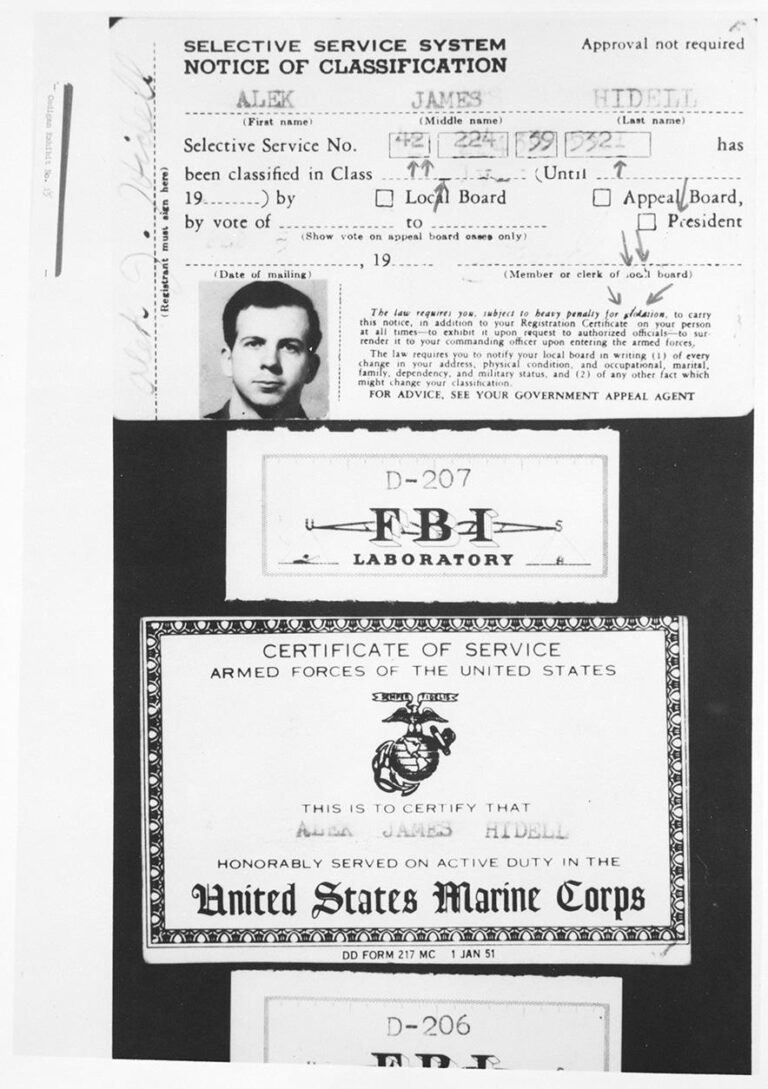Unveiling the Latest JFK Assassination Files: Insights and Ongoing Mysteries
Newly Released JFK Documents: Enhancing Understanding Without Dramatic Revelations
The recent publication of additional JFK assassination records has reignited public fascination with one of AmericaŌĆÖs most perplexing historical events. While these files provide enriched context and deepen our grasp of the eraŌĆÖs intelligence landscape, they stop short of revealing any startling new evidence or definitive breakthroughs. Experts and historians alike acknowledge the value of these disclosures in painting a more detailed picture of the 1960s intelligence environment, yet emphasize that the core conclusions about President John F. KennedyŌĆÖs assassination remain largely unchanged.
Highlights from the newly declassified materials include:
- Internal agency debates: Documents reveal contrasting viewpoints within intelligence communities regarding potential conspiracies.
- Supplementary eyewitness testimonies: Additional accounts add subtle nuances but generally corroborate existing narratives.
- Absence of foreign or major domestic conspirators: No conclusive links to international governments or prominent groups were uncovered.
- Technological and informational limitations: The files underscore the eraŌĆÖs surveillance constraints and fragmented data sharing.
| Category | New Findings | Effect on Theories |
|---|---|---|
| Agency Communications | Varied interpretations documented | Supports multiple perspectives |
| Witness Reports | Minor additional details | Confirms established accounts |
| Foreign Involvement | No direct evidence found | Weakens conspiracy assertions |
| Surveillance Technology | Noted operational constraints | Explains incomplete intelligence |
Illuminating CIA and FBI Roles: Intelligence Operations in the Early 1960s
The newly disclosed intelligence files offer a window into the covert activities and surveillance strategies employed by the CIA and FBI during the tumultuous early 1960s. Although no earth-shattering secrets emerged, the documents reaffirm the agenciesŌĆÖ extensive monitoring of individuals linked to the assassination and reveal the complex dynamics of inter-agency communication and rivalry. These records highlight how intelligence officials navigated the delicate balance between safeguarding national security and managing public transparency.
Key takeaways include:
- Targeted surveillance: Detailed tracking of suspects and politically sensitive figures.
- Internal doubts: Some agents expressed skepticism about conspiracy theories.
- Secrecy protocols: Use of coded messages and classified correspondence to prevent leaks.
- Inter-agency tensions: Rivalries influenced investigative focus and information flow.
| Agency | Focus Area | Document Types |
|---|---|---|
| CIA | Foreign intelligence and connections | Surveillance reports |
| FBI | Domestic suspects and conspiracy probes | Interviews and internal memos |
Calls for Greater Openness: The Importance of Transparency in Cold War Archives
Historians and intelligence experts stress that while the latest JFK file release enriches Cold War historiography, it does not unveil any revolutionary insights. They advocate for continued efforts to declassify remaining documents to provide a fuller understanding of this critical period. The files underscore the intricate geopolitical contest between the United States and the Soviet Union, yet many secrets remain concealed, necessitating ongoing public and scholarly scrutiny.
Experts highlight several priorities:
- Complete declassification of Cold War-era records to ensure historical accuracy.
- Unrestricted access to intelligence archives to support rigorous academic inquiry.
- Awareness of political sensitivities that often delay full transparency.
- TransparencyŌĆÖs role in building public confidence and upholding democratic principles.
| Aspect | Current Condition | Suggested Measures |
|---|---|---|
| Archive Accessibility | Partial disclosure | Open all remaining files |
| Document Preservation | Well-maintained | Continue conservation efforts |
| Political Obstacles | Moderate | Promote bipartisan cooperation |
Engaging with the JFK Files: Encouraging a Balanced and Informed Perspective
As the latest JFK assassination documents attract widespread attention, experts urge the public to approach the information with a blend of critical thinking and openness. While these records add valuable details, they do not fundamentally alter the established understanding of the event. Readers are encouraged to evaluate the findings carefully, appreciating verified facts while acknowledging unresolved elements. This balanced approach helps prevent sensationalism and fosters a deeper appreciation of the complexities surrounding this historic tragedy.
When examining the files, consider the following:
- Historical context: Interpret information within the broader political and social climate of the 1960s.
- Cross-verification: Seek confirmation from multiple sources rather than relying on isolated claims.
- Interpretive nuance: Recognize that some evidence may be ambiguous or open to different interpretations.
- Ongoing research: Understand that these documents may inspire further scholarly investigation.
Conclusion: The JFK FilesŌĆöValuable Insights Amid Enduring Questions
In conclusion, the latest batch of JFK assassination files enriches our understanding by providing additional context and clarifying certain aspects of the case. However, they do not deliver any transformative revelations that overturn the prevailing historical narrative. As public interest in this defining moment of American history persists, future disclosuresŌĆöshould they occurŌĆöwill be closely scrutinized. For now, the official record remains largely consistent, underscoring the enduring complexity of the JFK assassination.






